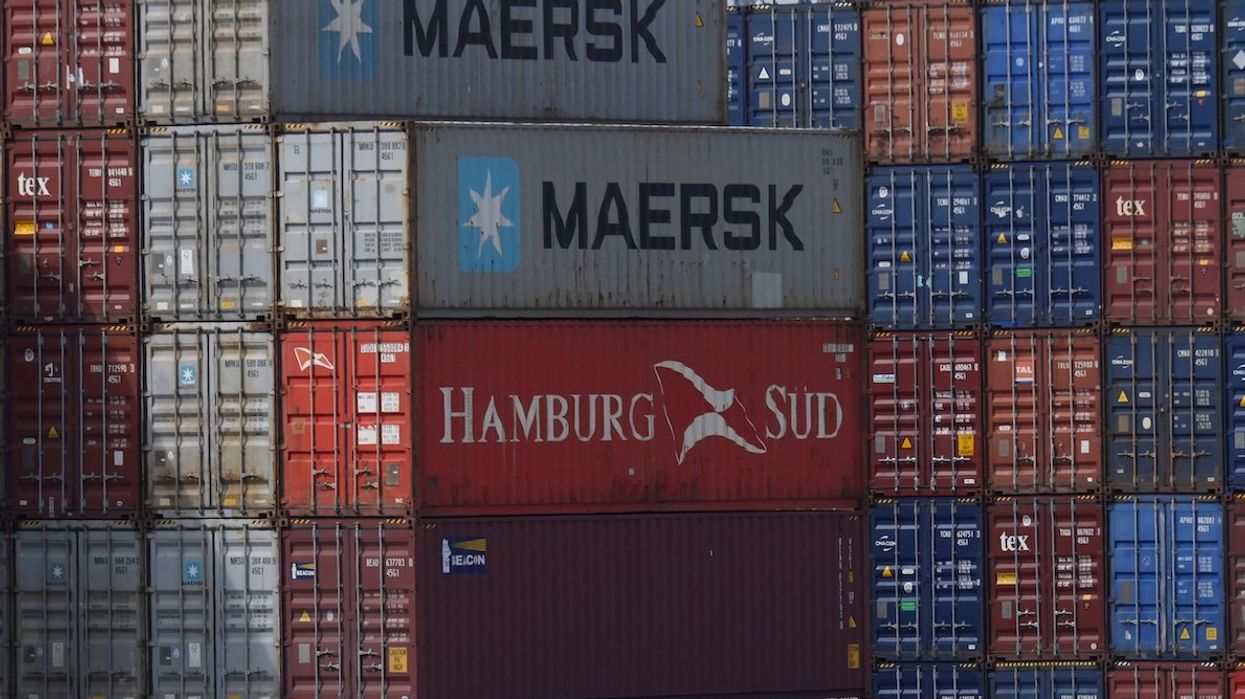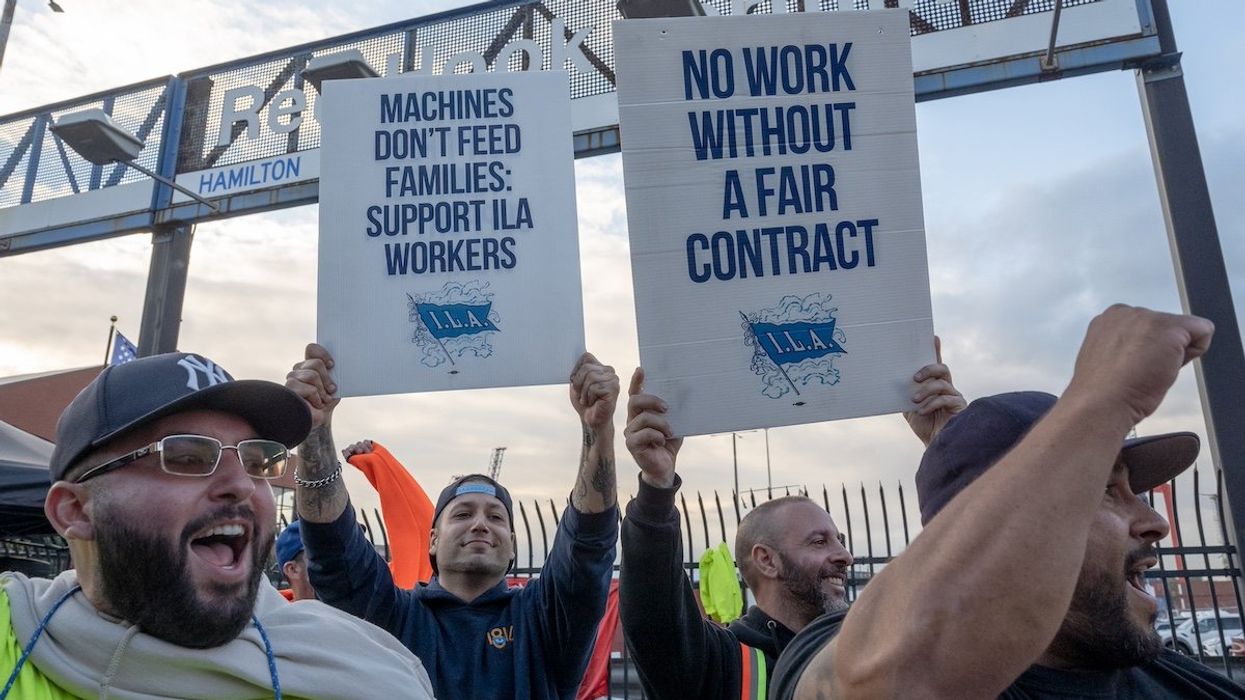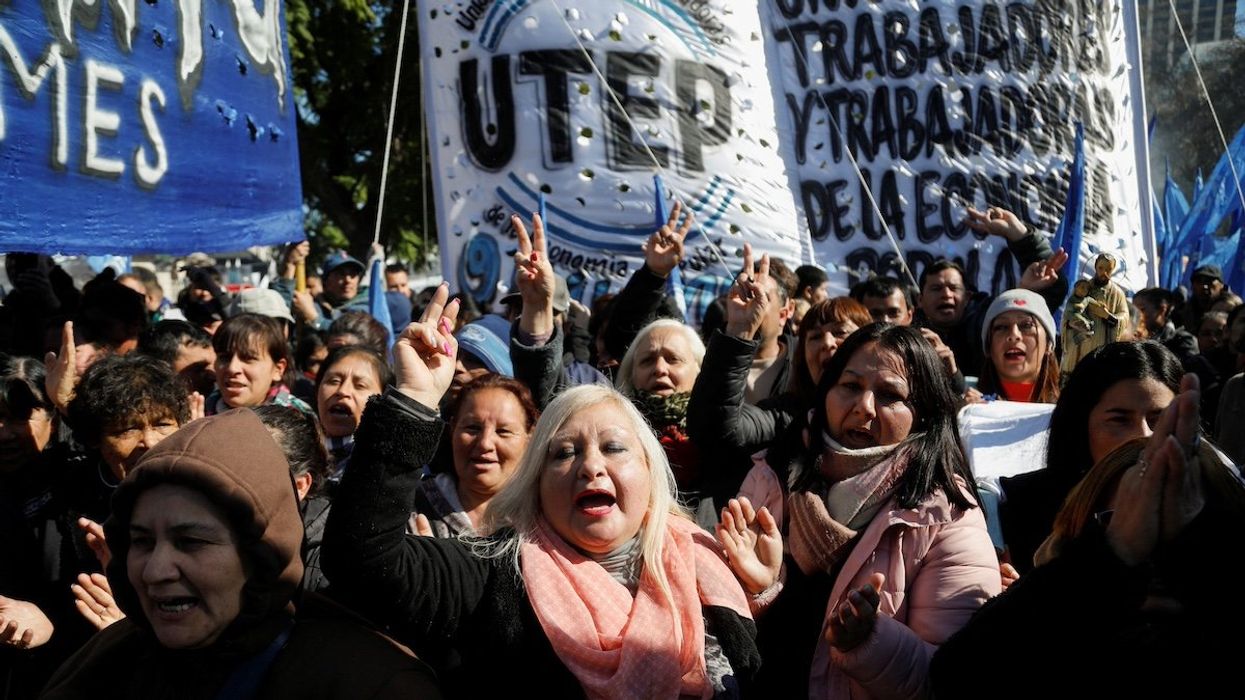GZERO North
Is the US headed for a major port strike?
The US might be headed for a port strike less than two months after the Canadian government ordered an end to work stoppages at ports in Vancouver and Montreal. On Dec. 31, shipping powerhouse Maersk urged clients to collect their shipping containers ahead of a possible Jan. 15 strike.
Jan 02, 2025



